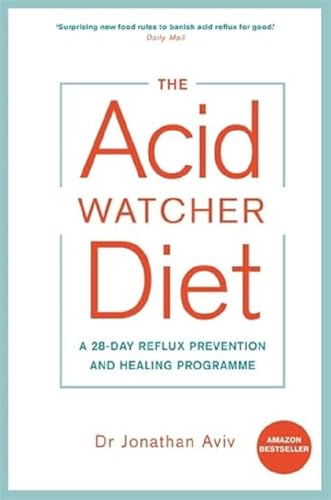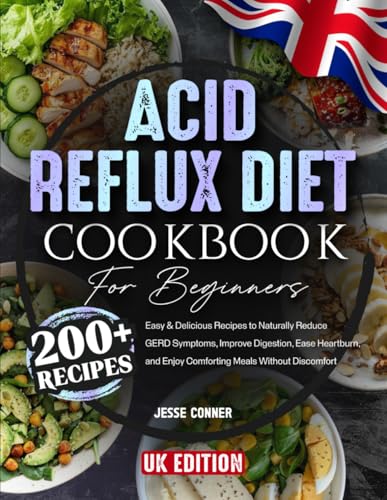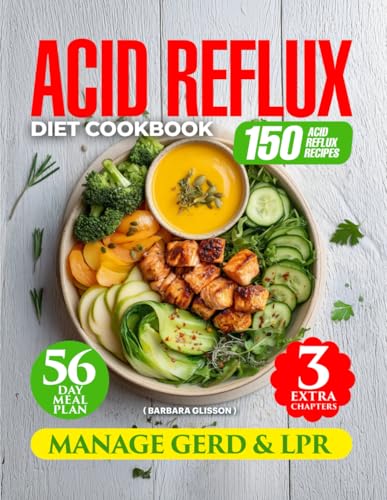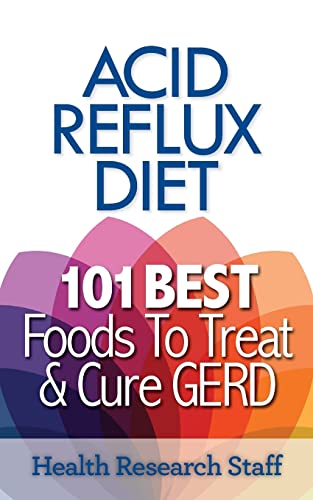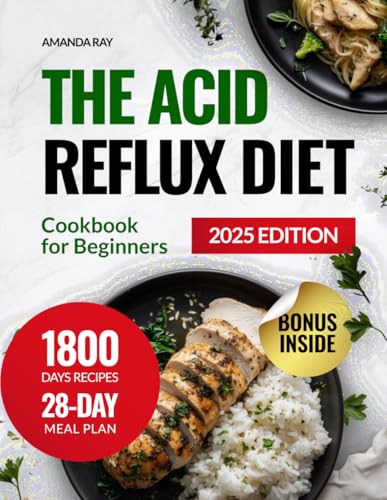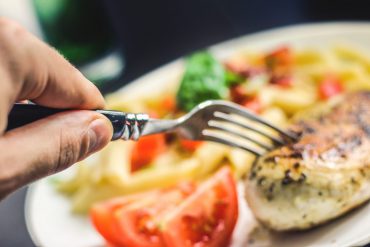Acid reflux, also known as gastroesophageal reflux disease (GERD), is a chronic condition that can be very painful. The lower esophageal sphincter (LES) is a ring of muscle connecting the esophagus and stomach, and when food is consumed the LES usually closes as soon as the food is passed through it.
If for some reason the LES doesn’t fully close, or opens too frequently, the acid from your stomach – which is essential for digestion – will travel up through the LES into the esophagus. This can cause intense burning sensations in the throat, as well as heartburn.
What are the symptoms?
The most common symptoms of GERD are unrelenting heartburn, an acidic taste in the mouth, and regurgitation of small amounts of acidic fluid. Less common symptoms include bad breath, a sore throat, pain when swallowing, a persistent cough and chest pain.
What causes acid reflux?
Although various causes are yet to be identified, some of the factors that contribute to GERD are:
- Hiatal hernias, which affect the LES’s ability to close
- Being overweight
- High blood calcium levels, causing excessive gastrin production
- Zollinger-Ellis syndrome
Acid reflux treatment
As soon as you are diagnosed with acid reflux, you will be prescribed medicines such as antacids, H2 blockers or proton pump inhibitors, which control the acid levels in the stomach.
Through lifestyle adjustments, it is possible to minimise and even treat the uncomfortable symptoms associated with GERD. Identifying foods and drinks that trigger painful symptoms and removing them from the diet is an effective treatment model.
In addition to this, regular exercise practices such as walking, cycling and swimming are advised. Raising the head of your bed by four to six inches and not lying down for two hours after eating is also recommended.
Acid reflux foods
- Foods to avoid: chocolate, coffee, fizzy drinks, spicy foods, citrus fruits and drinks, tomatoes, fatty foods, large meals, alcohol
- Good foods to eat: weak herbal tea, still water, squash, whole grains, lean meats and fish, vegetables and fruits like banana, apple and melon
in addition to these foods it may be helpful to practice eating smaller, more frequent meals, leaving two to three hours between eating and going to sleep, and cutting down on extreme exercising.


